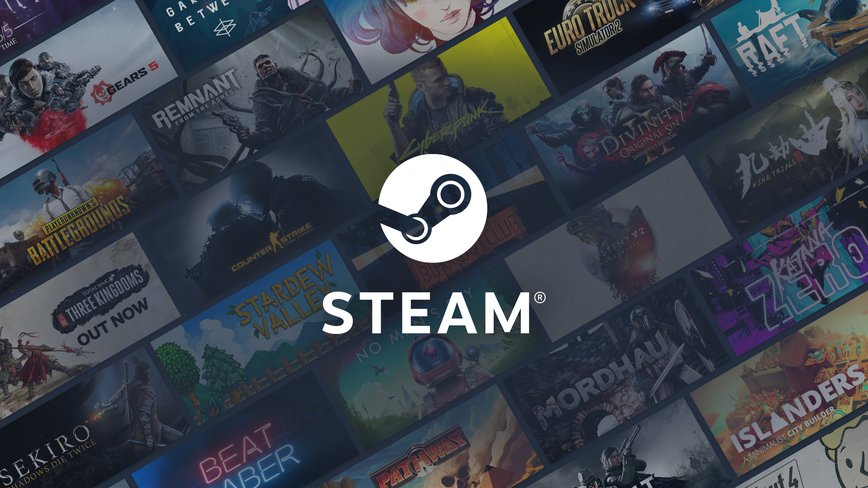
Valve'S Latest Move: Blocking Mature Games From Steam Early Access on OnlyLikeFans

Valve Cracks Down on Mature Games
Valve has recently stepped up its restrictions, blocking many mature and adult-themed games from Steam Early Access. This move echoes similar actions taken by itch.io following pressure from payment processors such as Visa, Mastercard, and PayPal. In July 2025, a quiet update to Steam's publishing guidelines led to the removal of numerous adult-themed titles, sparking a debate about the impact of financial partners on gaming content.
Despite facing backlash from the gaming community, the policy remains. While Mastercard denies exerting pressure, Valve confirms that payment processors influenced the new standards. Now, the company seems to be blocking games solely based on their themes, shifting from removing previously launched games to preventing their initial release.
Early Access No Longer an Option
Heavy Hearts and The Restoration of Aphrodisia Hit a Roadblock
Developers are feeling the pinch of these new restrictions. Dammitbird, the developer of Heavy Hearts, shared on X (formerly Twitter) that their game was denied entry to Steam Early Access. Valve's feedback highlighted that the game's mature themes were incompatible with the Early Access model. Another title, The Restoration of Aphrodisia, faced a similar fate, suggesting a new, unannounced policy change from Valve.
“Due to current events, I panicked and contacted my publisher to help me get on Steam Early Access... But now, all of a sudden and without a policy announcement, the rules have changed and now I can't join Steam EA” – Dammitbird, Heavy Hearts Developer
These developments signal an escalation in content restrictions, pushing adult-themed games out of Steam’s Early Access. With themes like trauma, romance, and LGBTQIA+ representation, these games face an uncertain future on the platform.
Who Decides the Content?
There’s a growing unease about payment providers having the power to dictate content availability. This sentiment is especially prevalent in the UK, where age verification is already a hurdle for Xbox users. The broader question remains: should financial companies decide what's allowed for purchase? While games are under scrutiny, services like OnlyFans or porn subscriptions appear less affected, raising eyebrows about consistency in policy enforcement.
As these conversations evolve, the gaming community remains divided. Are these rejections a concern for gamers, or just a part of the industry's shifting landscape?















